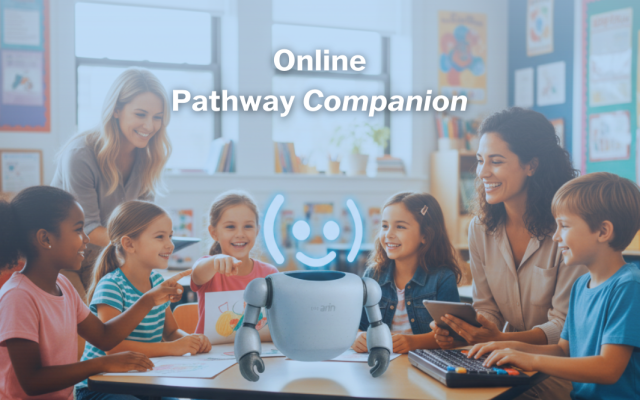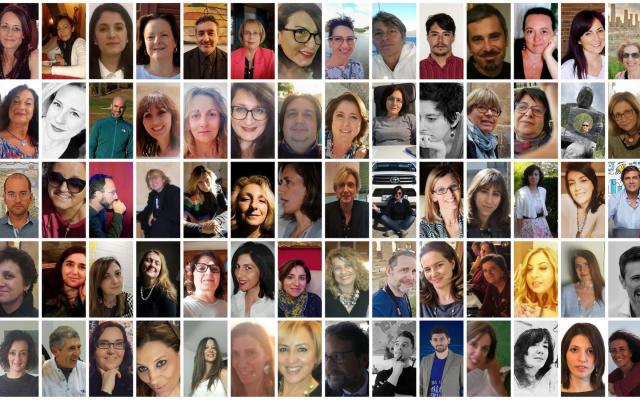“Our School” Professors: Barbara Avella on collaborative learning
This is the eighth instalment of our series of interviews with “Our School” Professors. Today, we interview Professor Barbara Avella , a biologist, on the didactic strategy of WebQuest and collaborative learning. Barbara Avella, together with Lara Rollo, Mauro Crepaldi, Angela Fumasoni and Giorgia Moschini, is the author of the first unit of Integrated Digital Citizenship and Sustainability in Primary School (Erickson, 2023), entitled “Brr…Che caldo!”
The unit focuses on digital, alphabetical-functional, mathematical, scientific, technological, social, and citizenship skills to prepare students to sustainable development.
INTERVIEW
Can you summarize the activity you personally followed and talked about in the book?
I mainly dealt with the WebQuest, which I believe is a powerful lever for learning and the digital transition. I implemented the graphic organizer for the evaluation (and meta-cognition) phase. The activity was very interesting on account of the required connection with the activities proposed by the working group and stimulating for the implementation of the suggested course of investigation.
What was the added value of this initiative for students? Were there any additional activities or particular needs that emerged during the project?
Pale Blue Dot is a powerful song that calls for awareness, responsibility, and kindness. Contextualized today, it is also a strong call to action to protect our planet. The children understood it and treasured it. As teachers, we have to support our students’ education, and an important part, today, is related to the web. On the one hand, symbolic gaming activities are dangerously declining, supplanted by digital recreational activities; on the other, the web is taking on an increasingly important role in society. Indeed, on-life and infodemics risks of seriously affecting our cognitive abilities and our social stability becomes increasingly more concrete. WebQuest is a useful tool to promote a critical attitude to on-line resources and allows students to experience a good degree of independence in on-line investigation activities. Nonetheless, they are constantly supported and "contained" by the teacher, in a process of learning truly focused on them, on their characteristics, and at their pace. With an emotional engagement ("let's pretend you are"), students find themselves poised between reality and fantasy, empowered by the role, and enthusiastic about the goal to be achieved. Then, with the suggested graphic organizer (the KWL table), they were able to activate the metacognitive processes that allow awareness of the individual learning.
Thinking back on these activities, I see myself in the evening, in front of a PC and connected with colleagues. It is not the practice of Italian schools to bring teachers who live different and complex realities together for a common goal, share ideas and means, find a synthesis, and support each other along the way. There were many meetings on the weekends to resolve doubts, perplexities, and uncertainties in the common course ...




